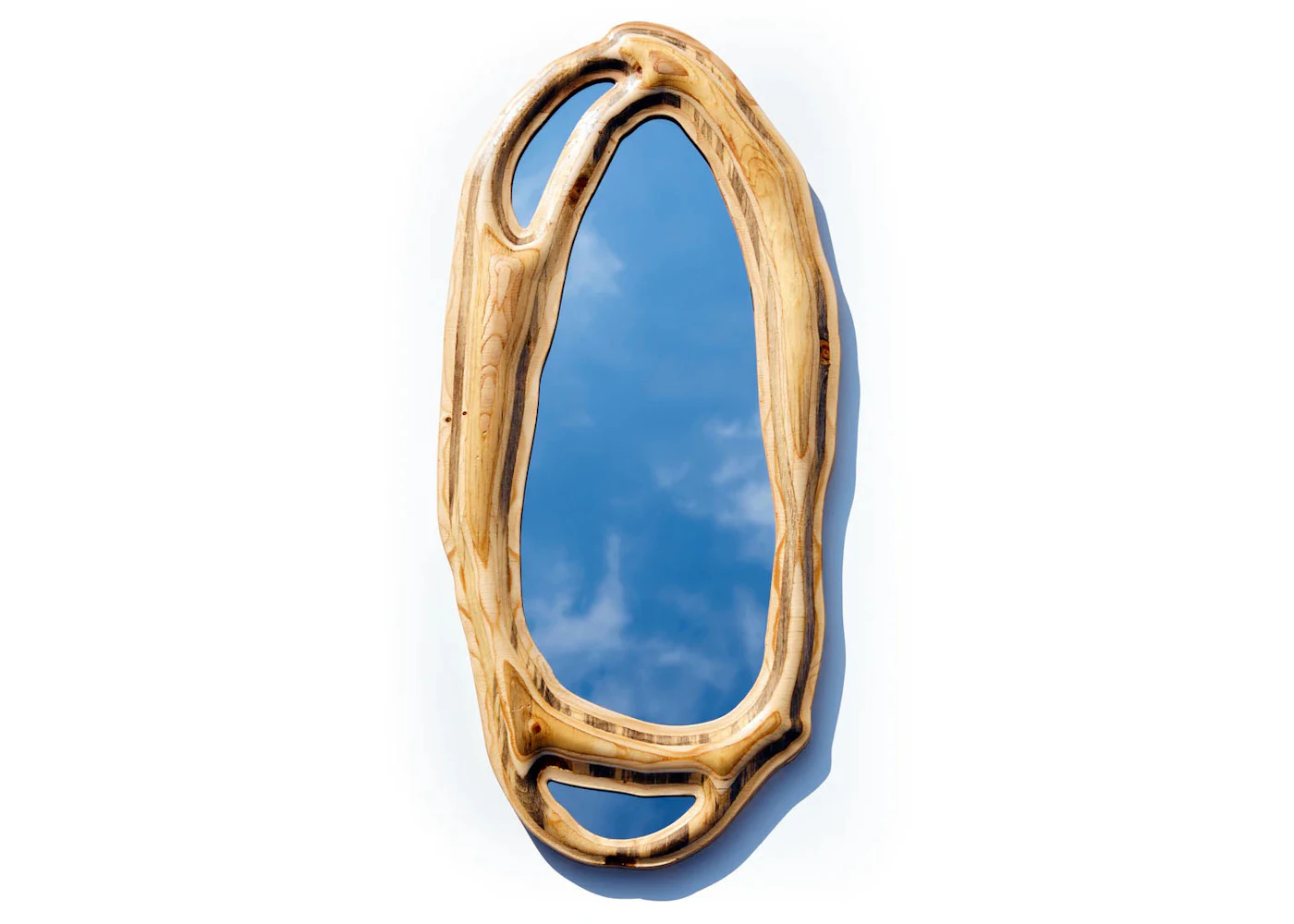Have you ever thought about how figures from long ago can, in a way, show us things about ourselves or the world around us today? It's almost like looking into a very old, polished surface that reflects lessons from a different time. We often find ourselves drawn to stories of resilience and guidance, stories that feel relevant even across many centuries.
This idea of looking back, of using history as a kind of reflection, can offer fresh perspectives. It helps us see how principles of direction, strength, and faithfulness have shaped people and communities, you know, through various ups and downs.
So, with that thought in mind, we're going to spend some time exploring a figure from ancient writings, a person whose life story, in some respects, presents a unique lens on what it means to lead and to serve. This is a look at Joshua, a name that might bring to mind some truly remarkable tales of perseverance.
Table of Contents
- Who Was Joshua? A Look at His Life
- How Did Joshua Step Into Leadership?
- Early Glimpses of Joshua's Character
- What Challenges Did Joshua Face?
- Faithfulness and the Joshua Vides Mirror
- What Made Joshua a Respected Figure?
- Joshua's Role as a Military Guide
- Were There Doubts About Joshua's Stories?
- Considering the Jericho Story in the Joshua Vides Mirror
Who Was Joshua? A Look at His Life
Joshua, whose name actually means something like 'God is salvation' or 'Yahweh is salvation,' was a very important person from ancient times. He is also known as Jehoshua or Josue in some accounts. He pretty much served as Moses' right hand for a while. You know, when Moses was told, "Moses my servant is dead, Now then, you and all these," it was Joshua who was meant to take over.
He was someone who understood that even a great leader must follow a higher rule. No person's standing or power puts them above God's own guidance. He was told to find encouragement in God's assurance and presence. This figure, Joshua, is perhaps most known for his part as one of the twelve people Moses sent to check out the land of Canaan. Along with Caleb, son of Jephunneh, Joshua brought back a truly hopeful report.
Personal Details & Key Aspects
| Name Meaning | 'God is salvation' or 'Yahweh is salvation' |
| Other Names | Jehoshua, Josue |
| Early Life | Began as a slave in Egypt, under harsh Egyptian bosses |
| Key Role | Moses' successor, led Israelites into the promised land |
| Character Traits | A dedicated learner, a good person, a smart military mind |
| First Mentioned As | A leader in battle against the Amalekites |
How Did Joshua Step Into Leadership?
The story of Joshua, as told in ancient texts, is really about a divine kingdom breaking into the world of nations. At that time, political groups were seen as creations of the gods, proof of their existence, so it's a big deal. Joshua's own path started in Egypt as a slave, enduring cruel Egyptian bosses. Yet, he rose to become one of Israel's truly great leaders because he faithfully followed God. He was Moses' chosen person to take over, someone who guided the Israelites into the promised territory. The writings describe Joshua as someone who really dedicated himself to learning, a truly good person, and a very smart military thinker.
Early Glimpses of Joshua's Character
Joshua was, you know, a fighter for God. He was first brought up in the writings when Moses asked him to lead the Israelites in a fight against the Amalekites. In that amazing struggle, he came out on top. Joshua served as Israel's leader after Moses passed away. He had previously been Moses' helper, had explored the promised land with the twelve spies, and had guided the Jewish people in military actions. It seems Joshua had big hopes when he was told the area stretched to "all the land of the Hittites" (Joshua 1:4). This might be a reference, however, to a story that is not factual.
What Challenges Did Joshua Face?
Leading a whole group of people, especially after someone as impactful as Moses, must have been incredibly tough. Joshua had to guide them through new lands and face many different groups. He was under a command himself, meaning he had to follow rules just like everyone else. This sense of being accountable, of not being above the law of God, was very much a part of his leadership style. He really had to encourage himself with the promise and presence of God, as the text puts it.
Faithfulness and the Joshua Vides Mirror
Looking at Joshua's journey can, in a way, be like looking into a mirror. It reflects the idea that even when things seem impossible, a deep sense of faithfulness can lead to big achievements. He had to deal with the weight of expectation and the practical challenges of guiding a whole people. Eleazar's name actually comes before Joshua's in many passages, which is a hint in the text that, at that time, Eleazar might have been more well-known (Joshua 17:4). Joshua did get authority from Moses, but perhaps not the same kind of captivating presence. God did amazing things for Joshua, even making the sun stand still, but Joshua's way of speaking lacked the compelling nature of a prophet.
What Made Joshua a Respected Figure?
Joshua's standing came from his consistent obedience and his ability to lead people through truly difficult times. His background as a slave, rising to a top leader, shows a remarkable path. He was seen as a devoted learner, a very good person, and someone with a sharp mind for military strategy. These qualities, you know, would certainly earn anyone respect.
Joshua's Role as a Military Guide
He was the one Moses called upon to lead the Israelites in that first big fight against the Amalekites, and he won. This initial success probably set a tone for his later military efforts. He had also been part of the group that scouted out Canaan, bringing back a positive outlook when others were afraid. This sort of brave and hopeful attitude, I mean, really makes a difference when you're leading people into new territory.
Were There Doubts About Joshua's Stories?
Some parts of the narratives about Joshua have been viewed differently over time. For example, the whole story of "Jericho" is, for some, just a myth. Jericho was apparently already destroyed by an earthquake long before Joshua "arrived" and was not built up again for a long time. So, there are different ideas about how literally to take these ancient accounts.
Considering the Jericho Story in the Joshua Vides Mirror
When we look at stories like Jericho through a kind of historical mirror, we see how different interpretations can arise. Following the description in Joshua 4:19, Gilgal was located on the "eastern border of Jericho," while later Byzantine descriptions suggest it was a few miles east of the old city. Even figures like Balaam, whose main story ends in Numbers 24, are mentioned in four other books, including Joshua 14:7. According to the writings, the Israelites stayed at a place called Kadesh after leaving Egypt and wandering through the desert. In Joshua 15:13, it mentions that Arba was the father of Anak. The Anakites, or "Anakim" in Hebrew, are described in the Hebrew writings as giants. The Rephaim are also mentioned. Tel Hazor, found about 10 miles north of the Sea of Galilee, was the biggest Canaanite city in the southern Levant back in the second period.


